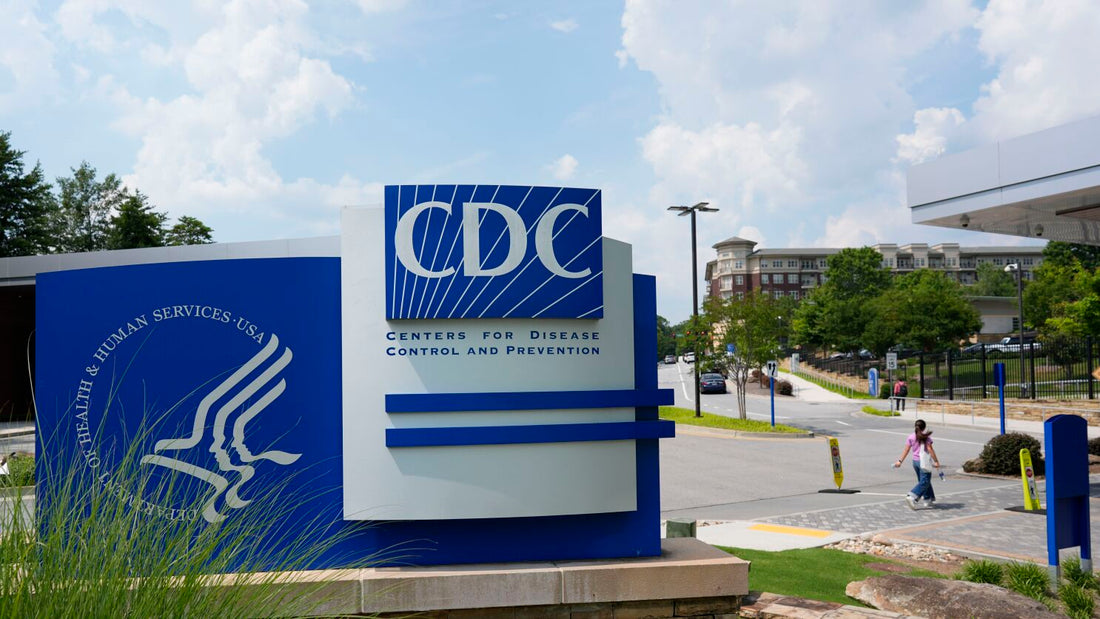Youth Prediabetes: CDC Data Sparks Expert Concerns
Dr. Javier RodriguezCDC data reveals nearly 1 in 3 US youth have prediabetes, sparking expert concerns over data transparency and methodology.

A new CDC estimate reveals that nearly one in three U. S. adolescents have prediabetes, raising significant concerns about the health of American youth. The data, which indicates a substantial increase from previous estimates, has prompted worries among experts regarding the methodology and transparency of the CDC's research.
This situation underscores the urgent need for clear, reliable information to address the growing risk of Type 2 diabetes and related health issues in young people. The debate highlights the importance of rigorous scientific standards in public health communications.
Highlights
- CDC data shows nearly 1 in 3 U. S. adolescents have prediabetes.
- Experts question the CDC's methodology and data transparency.
- The findings raise concerns about rising Type 2 diabetes risk in youth.
Read More: Fitbit Revamps App with Gemini-Powered Health Coach
Top 5 Key Insights
• Alarming Prediabetes Increase: The CDC's new estimate indicates that approximately 33% of U. S. adolescents aged 12-17 have prediabetes. This is a significant jump from the previous estimate of 18%, raising alarms about the escalating health crisis among young individuals. The updated figures highlight the urgent need for proactive measures to address and mitigate this growing concern.
• Methodological Concerns: Experts have voiced concerns over the CDC's change in methodology for calculating prediabetes prevalence. The agency has not provided a detailed explanation or peer-reviewed paper to justify the new approach, leading to skepticism about the accuracy and reliability of the data. Transparency in data collection and analysis is crucial for public trust and informed decision-making.
• Risk of Type 2 Diabetes: Prediabetes significantly increases the risk of developing Type 2 diabetes, along with other serious health complications such as heart disease and stroke. Early intervention and lifestyle changes are essential to prevent the progression from prediabetes to Type 2 diabetes in adolescents. Addressing this condition early can lead to better long-term health outcomes.
• Data Transparency Imperative: The CDC's release of only a brief online summary, without providing raw data or a peer-reviewed paper, has drawn criticism from scientists. Experts emphasize the importance of transparency and clarity in the source and analysis of data, especially from national health organizations. Open access to data promotes scrutiny, validation, and ultimately, better public health strategies.
• Call for Action: The new data serves as a "critical wake-up call" for the nation, according to a CDC spokesperson. It underscores the need for comprehensive strategies to promote healthier lifestyles, improve early detection, and provide effective interventions for adolescents at risk of developing Type 2 diabetes. Collaborative efforts among healthcare providers, schools, and communities are vital to address this growing epidemic.
Read More: How Jaguars’ Devin Lloyd Built His Fortune?
Expert Insights
Christopher Gardner, Stanford University: "For any of the national health organizations now being decimated by firings (and) layoffs, I am going to be skeptical of data updates until there is transparency and clarity on the source of the data and analysis."
Wrap Up
The rise in prediabetes cases among U. S. adolescents is a worrying trend that demands immediate attention. The concerns raised by experts regarding the CDC's data and methodology highlight the necessity for transparency and rigorous scientific standards.
Addressing this health crisis requires a concerted effort to promote healthier lifestyles and ensure the well-being of future generations.
Author
Dr. Javier Rodriguez - A medical doctor and public health specialist based in Latin America, focused on wellness and disease prevention. He provides reliable, evidence-based health information and practical wellness advice for Enlightnr.
More to Explore
- Choosing a selection results in a full page refresh.
- Opens in a new window.




